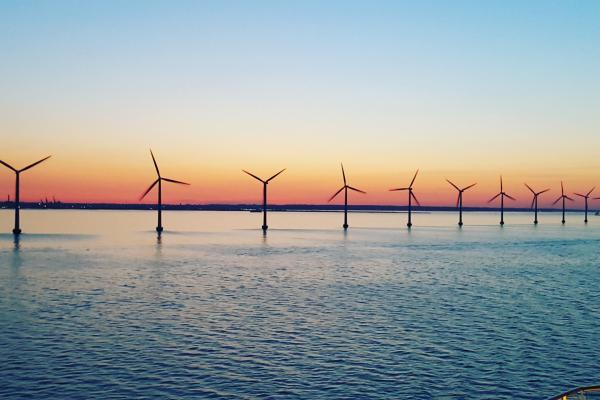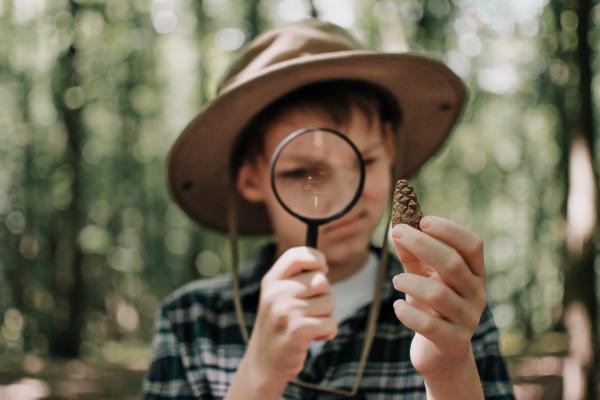The asteroids in our solar system are the remnants of planetary formation. They hold clues about how the Milky Way formed, but they also hold promise and peril for humans as the source of both rich…
With around half a million species of insects reported to be at risk of extinction and studies already showing a large decline in abundance, this month Horizon looks at what reduced insect…
The coronavirus pandemic rattled our supply chains, putting them under intense pressure and forcing many to become aware of these complex systems that bring us food, medicine and other goods.…
The construction industry has a heavy carbon footprint, accounting for some 40% of global emissions, and yet, as the world’s population grows, demand for housing and building is only soaring. We kick…
In December, as the European Space Agency’s Gaia mission to create a precise 3-D map of a billion objects in the Milky Way releases its next tranche of data, we take an in-depth look at what we know…
In November, Horizon takes a deep dive into the captivating, diverse world of clouds to understand what they mean for climate change. We speak to atmospheric physicist Prof. Pier Siebesma about why…
In October, Horizon discovers a futuristic world of transparent e-books, plastic solar cells and electronic skin with a look at some of the applications of organic electronics. We speak to organic…
The world looks very different from this time last year. The coronavirus pandemic has highlighted the centrality of science, research and innovation, accelerated some changes already in the works,…
In August, Horizon looks at one of the features that makes Earth unique and habitable: plate tectonics. We explore what we know – and still don’t know – about how the shifting plates beneath our feet…
As commutes dropped during coronavirus lockdowns, many of Europe’s city-dwellers breathed cleaner air. In July, Horizon takes a look closer look at our air pollution problem, what it is, how it…














